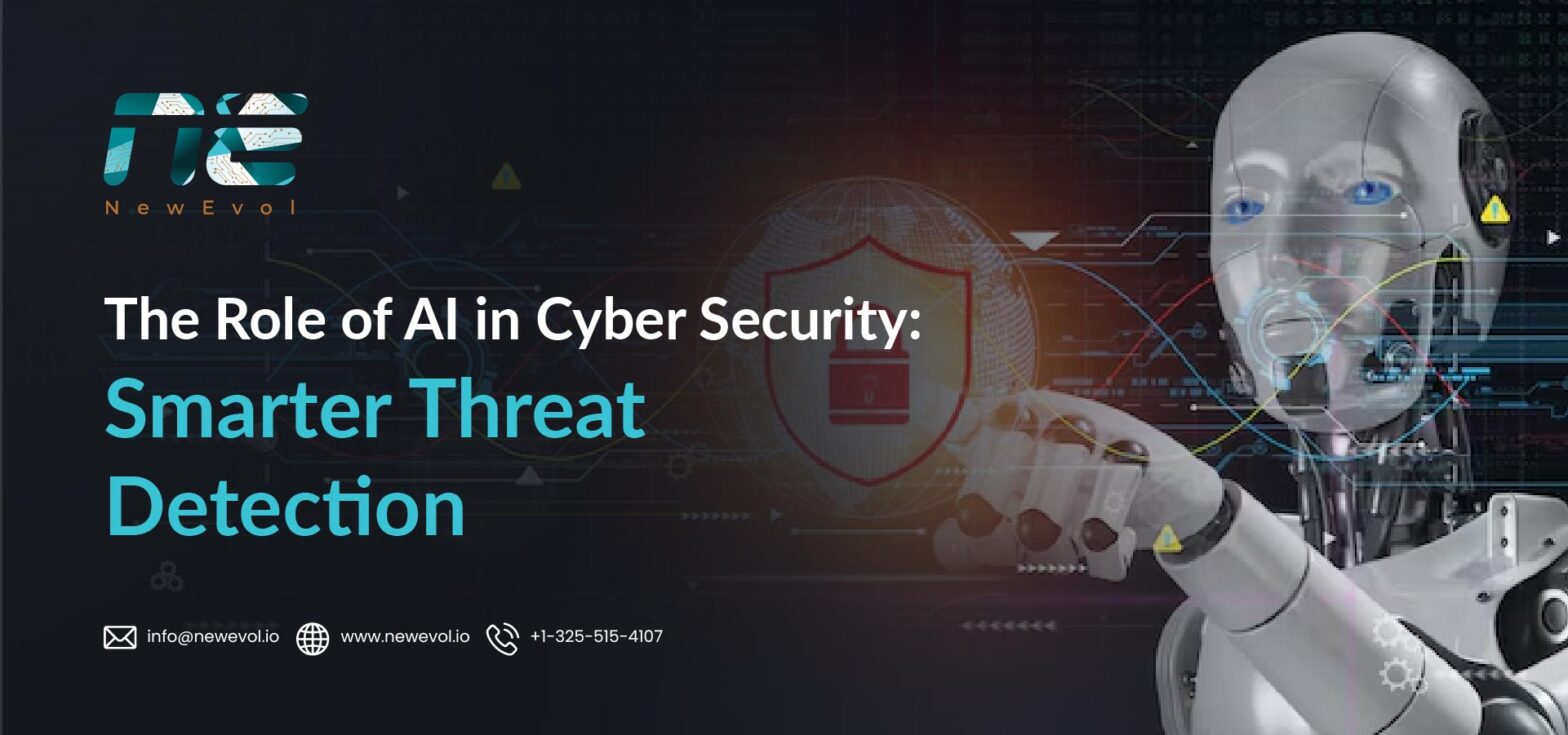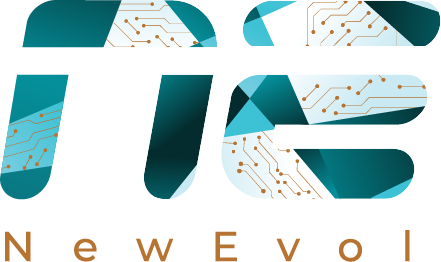The Role of AI in Cyber Security: Smarter Threat Detection

As Malaysia accelerates its digital transformation across sectors like finance, healthcare, and government, the country is facing a growing wave of cyber threats. From sophisticated phishing attacks to ransomware and insider threats, organizations are challenged by attacks that evolve faster than traditional security measures can respond.
Malaysia’s cybersecurity market, valued at USD 1.05B in 2023, is projected to reach USD 2.17B by 2030, growing at 11.4% CAGR, driven by digital adoption, rising cyber threats, and AI investments.
Artificial Intelligence (AI) is emerging as a game-changer in this landscape. By enabling smarter, faster, and more adaptive threat detection, AI helps organizations identify risks in real time, respond efficiently, and strengthen overall cybersecurity resilience. For Malaysian businesses, integrating AI into cybersecurity strategies is no longer optional—it’s essential for safeguarding sensitive data, maintaining business continuity, and staying ahead of increasingly sophisticated cyberattacks.
Understanding AI in Cybersecurity
Artificial Intelligence (AI) refers to computer systems capable of performing tasks that typically require human intelligence, such as learning, reasoning, and decision-making. In the context of cybersecurity, AI goes beyond traditional rule-based systems by analyzing vast amounts of data, identifying patterns, and adapting to new threats in real time.
Key AI technologies used in cybersecurity include:
- Machine Learning (ML) – Enables systems to learn from historical data, recognize suspicious behavior, and predict potential attacks.
- Natural Language Processing (NLP) – Helps analyze unstructured data, such as emails and logs, to detect phishing attempts or social engineering attacks.
- Anomaly Detection – Identifies unusual activity across networks, applications, and endpoints, often flagging threats that conventional tools might miss.
By integrating these AI capabilities, organizations can move from reactive defense to proactive threat management, detecting and mitigating cyberattacks before they cause significant damage.
AI-Powered Threat Detection: How It Works
AI revolutionizes cybersecurity by enabling faster, smarter, and more accurate threat detection. Here’s how it works in practice:
Behavioral Analysis and Anomaly Detection
- AI monitors normal user and system behavior to establish baselines.
- Any deviation from these patterns, such as unusual login attempts or data transfers, triggers alerts for potential threats.
Predictive Analytics
- By analyzing historical attack data, AI predicts potential vulnerabilities and emerging threats.
- This proactive approach allows organizations to strengthen defenses before attacks occur.
Automated Response
- AI-powered systems can respond to threats in real time, isolating affected systems, blocking malicious traffic, or quarantining malware.
- Automation reduces response times and frees security teams to focus on strategic decision-making.
Malaysia’s federal cybersecurity market reached USD 13.84B in 2025 and is projected to grow at an 8.77% CAGR through 2033, driven by investments in threat intelligence, cloud security, incident response, and national cybersecurity policies.
Real-World Impact:
Organizations leveraging AI have reported faster threat detection, fewer false positives, and improved incident response times. This is particularly critical in Malaysia, where growing digital adoption increases exposure to cyber risks.
The Malaysian Cybersecurity Landscape
Malaysia’s rapid digital transformation has created immense opportunities for businesses but has also increased exposure to cyber threats. In 2024 alone, the country saw a significant rise in ransomware attacks, phishing campaigns, and data breaches targeting sectors like finance, healthcare, and government.
The Malaysian government has been proactive in addressing these challenges. Initiatives such as the National Cyber Security Policy (NCSP) and the establishment of CyberSecurity Malaysia provide guidance, standards, and support for organizations to strengthen their cybersecurity posture.
However, many Malaysian organizations face challenges in implementing advanced threat detection due to limited resources, legacy systems, and a shortage of skilled cybersecurity professionals. AI-powered solutions offer a practical way to bridge these gaps, enabling businesses to monitor threats continuously, respond swiftly, and comply with national cybersecurity regulations.
Benefits of AI in Cybersecurity for Malaysian Organizations
AI is transforming how Malaysian organizations detect, respond to, and prevent cyber threats, making cybersecurity smarter, faster, and more efficient. Key benefits include:
1. Smarter Threat Detection
AI continuously monitors systems, networks, and endpoints to identify unusual patterns and potential attacks in real time. This proactive approach reduces the risk of breaches, helps detect threats that traditional tools may miss, and minimizes false positives that can overwhelm security teams.
2. Faster Response
AI-driven analysis and automated workflows accelerate incident response. Threats can be contained and mitigated immediately, reducing operational downtime, protecting critical assets, and minimizing potential financial losses.
3. Cost Efficiency
By automating repetitive monitoring, alert triage, and analysis, AI reduces reliance on manual intervention, freeing cybersecurity teams to focus on strategic priorities while optimizing operational costs.
4. Regulatory Compliance
AI helps organizations maintain compliance with Malaysia’s PDPA and other sector-specific regulations. Continuous monitoring and automated reporting ensure sensitive data is protected and audit-ready, reducing the risk of non-compliance penalties.
5. Scalability and Flexibility
AI solutions grow with the business and adapt to evolving cyber threats. They can manage increasing volumes of data and complex infrastructures, offering continuous protection across networks, cloud platforms, and endpoints.
6. Enhanced Decision-Making
AI provides actionable insights by analyzing threat intelligence, historical incidents, and emerging attack patterns. This empowers security teams to make informed decisions, strengthen defenses, and anticipate potential risks before they escalate.
NewEvol’s Role in Transforming Cybersecurity with AI
NewEvol empowers Malaysian organizations to stay ahead of cyber threats with its AI-driven cybersecurity solutions. By integrating seamlessly with existing security infrastructures, NewEvol enhances threat detection, response, and overall cybersecurity resilience.
Key offerings include:
1. Real-Time Threat Detection
Advanced AI and machine learning algorithms continuously monitor networks, endpoints, and cloud systems to identify anomalies and potential threats before they escalate.
2. Automated Incident Response
NewEvol’s Security Orchestration, Automation, and Response (SOAR) capabilities allow organizations to contain and remediate incidents quickly, reducing downtime and operational impact.
3. Comprehensive Threat Intelligence
The platform aggregates and analyzes data from multiple sources, providing actionable insights and predictive analytics to proactively mitigate risks.
4. Regulatory Compliance Support
NewEvol helps organizations align with Malaysia’s PDPA and industry-specific cybersecurity standards, ensuring audit readiness and data protection.
Conclusion: Embracing AI for a Secure Digital Future
As Malaysia continues its digital transformation, cyber threats are becoming more sophisticated and frequent. Artificial Intelligence (AI) is no longer just an optional tool—it has become a critical component of effective cybersecurity. By enabling smarter threat detection, faster response, and predictive insights, AI helps organizations stay one step ahead of attackers.
For Malaysian businesses, adopting AI-driven cybersecurity solutions is essential to safeguard sensitive data, maintain operational continuity, and comply with national regulations. Platforms like NewEvol provide the technology, automation, and intelligence needed to transform cybersecurity operations from reactive defense to proactive resilience.
Investing in AI today not only protects against current threats but also builds a foundation for a secure and digitally confident future.
FAQs
1. What is the role of AI in cybersecurity threat detection?
AI helps detect, analyze, and respond to cyber threats in real time, reducing breaches, false positives, and response times.
2. What is Malaysia’s ranking in AI adoption?
A2: Malaysia is actively advancing in AI adoption, with initiatives under its National AI Framework and growing investments in AI-driven technology across sectors.
3. What is Malaysia’s cyber strategy?
Malaysia’s National Cyber Security Policy (NCSP) focuses on protecting critical infrastructure, promoting cybersecurity awareness, and encouraging advanced technology adoption, including AI.
4. Who are notable AI experts in Malaysia?
Malaysia has a growing community of AI experts in academia, government, and private sectors, including professionals at CyberSecurity Malaysia, major universities, and AI-focused startups driving innovation.

